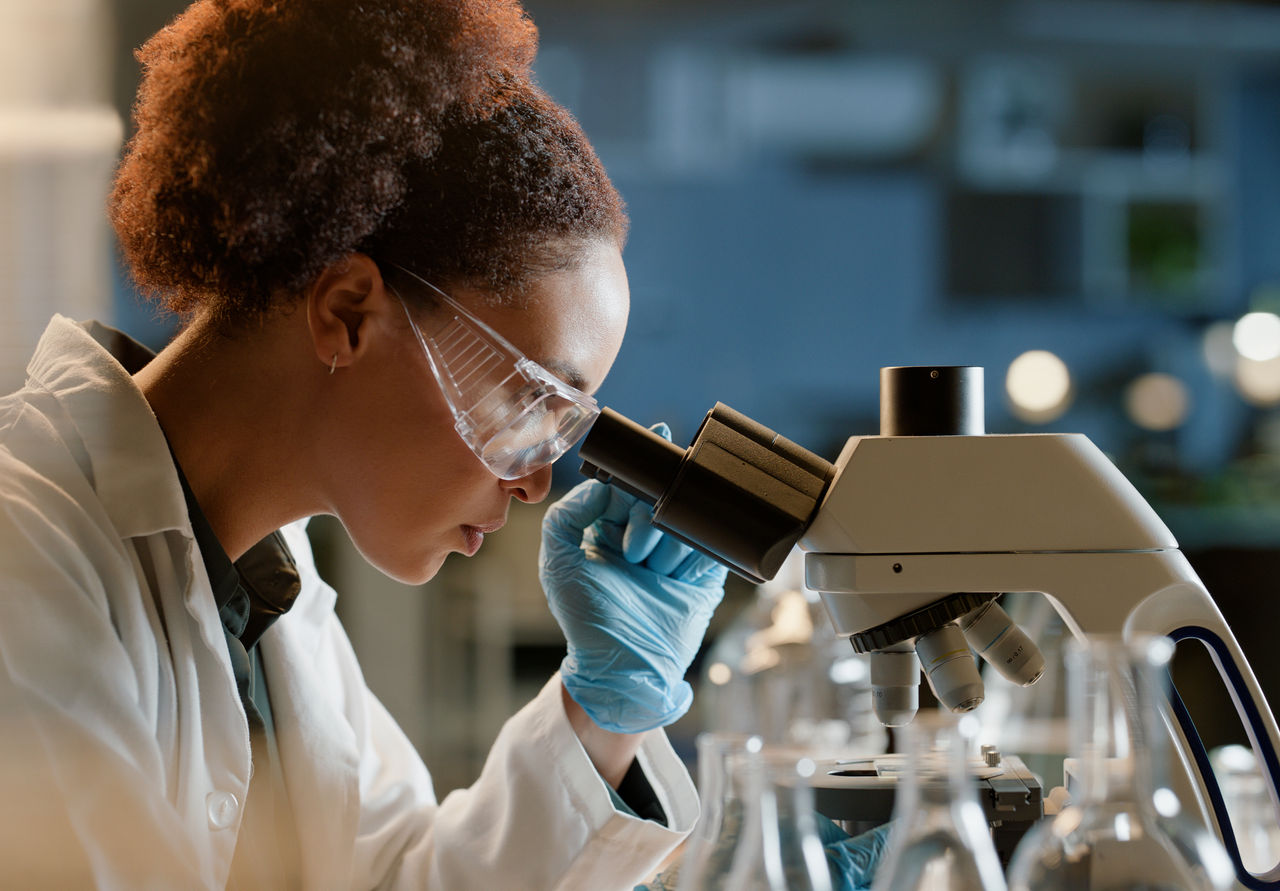
We turn science into solutions for lifelong nutrition
Scroll to discover
We drive cutting-edge solutions to power nutrition for every health goal
Our R&I approach is built on five pillars: science-based innovation, specialized targeted nutrition, product superiority, advanced digital technologies, and future-focused research. Together, they drive our mission to bring health through food to everyone, at every stage of life.
R&I Newsroom
Danone R&I Worldwide

2000
world-class experts
dedicated to innovating superior and sustainable products that seamlessly blend nutrition with exceptional taste
+200
publications and congress abstracts
resulting from robust scientific research and clinical evidence
5,000
patents and patent applications
leveraging our unique expertise to pioneer high quality, evidence-based nutritional solutions








